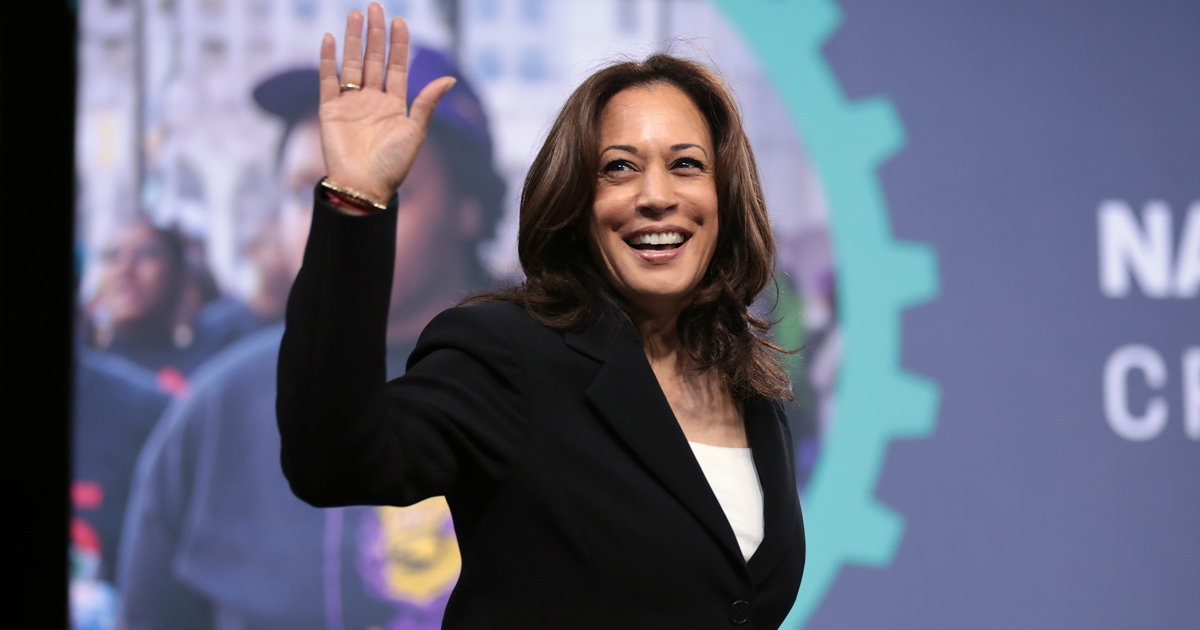Who Can Lead a More Progressive Party? - 3 minutes read
 Who Can Lead a More Progressive Party?
Who Can Lead a More Progressive Party?Kamala Harris did the nation a service last night by challenging Joe Biden on his opposition to busing and his praise for explicitly racist senators. She was relaxed, pointed, and articulate, and left the former vice president floundering in his own defensiveness. But the key function of the events in which twenty people competed was to show who has the potential to become an effective nominee for an increasingly progressive party—and who does not.
As a septuagenarian, it gives me no comfort to say that the two oldest fellas belong in the latter category. If Biden couldn’t keep reminding people that he was Barack Obama’s vice president, he would have nothing appealing to say at all. And although I share many of Bernie Sanders’ positions, he increasingly comes across as a humorless shouter who, like Biden, refuses to admit he ever did or said anything he now regrets. His response on gun control was a prime example of that. Bernie’s 2016 campaign will be remembered—and hailed—for helping push the party to the egalitarian, social democratic left. But the ironic consequence of his glorious challenge is that most Americans will now have a difficult time understanding how his “socialism” differs from the stands taken by Elizabeth Warren, Julián Castro, and even Harris—all of whom can deliver a facsimile of it without hectoring their audiences.
Neither Biden or Sanders will fade away soon. But the way is now open for younger figures who did not run before. Warren and Harris, in particular, have a better chance to unite Democratic partisans as well as voters who want to stop Trump from eking out another victory.
And Marianne Williamson, Andrew Yang, John Hickenlooper, Eric Swalwell, John Delaney, Tulsi Gabbard, Tim Ryan, Beto O’Rourke, Michael Bennet, and Jay Inslee should quickly return to their less-spotlighted lives. One or two might make a decent cabinet secretary. But Hickenlooper and O’Rourke should immediately start running for the U.S. Senate in their states, where they would have at least an even chance to defeat Republican incumbents next year—and prevent a Democratic president from having to negotiate with Mitch McConnell to get any of the legislation passed that the United States and the world desperately need.
Source: Dissentmagazine.org
Powered by NewsAPI.org
Keywords:
Progressive Party (United States, 1948) • Kamala Harris • The Nation • United States Armed Forces • Joe Biden • Desegregation busing • Racism • Vice President of the United States • Progressive Party (United States, 1912) • Ageing • Joe Biden • Barack Obama • Vice President of the United States • Bernie Sanders • Joe Biden • Gun control • United States presidential election, 2016 • Egalitarianism • Social democracy • Democratic Socialists of America • Socialism • Elizabeth Warren • Julian Castro • Democratic Party (United States) • Marianne Williamson • Andrew Yang • John Hickenlooper • Eric Swalwell • John Delaney (Maryland politician) • Tulsi Gabbard • Tim Ryan (politician) • Beto O'Rourke • Michael Bennet • Jay Inslee • Cabinet of the United States • John Hickenlooper • United States Senate election in Missouri, 2016 • Republican Party (United States) • Incumbent • Democratic Party (United States) • President of the United States • Mitch McConnell • United States •